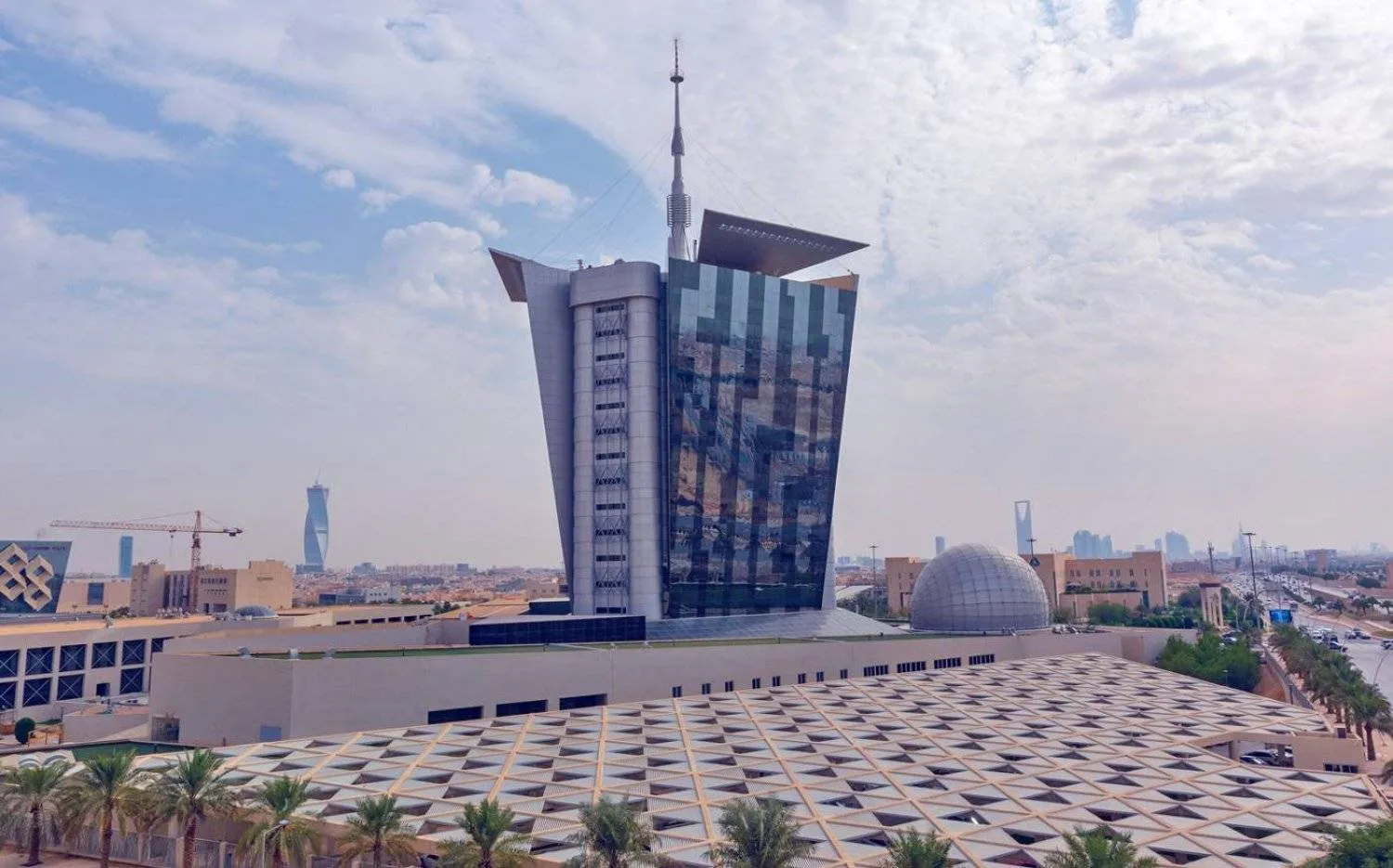The size of the communications and technology market in Saudi Arabia reached SAR166 billion ($44.2 billion) during 2023, which is equivalent to a compound annual growth of 8 percent over the past six years.
This was revealed by the Communications, Space and Technology Commission on Wednesday during the 10th edition of the ICT Indicators Forum in Riyadh in the presence of an elite group of experts, specialists and sector leaders.
The event featured four main presentations, and a discussion session on the sector’s future trends. Mufarreh Nahari, the Director General of Studies at the Commission, talked about the performance indicators of the communications and technology sector, noting that the Kingdom ranks second among the G20 countries in the 2023 Communications and Technology Development Index.
Indicators also show that the rate of access to mobile communications service subscriptions has reached 198 percent of the population, while the Internet of Things subscriptions amounted to 12.6 million subscriptions.
Another presentation entitled, “Navigating the Frontiers of Innovation: Information Technology Market Trends in the Kingdom,” featured discussions by Hamza Naqshbandi, Vice President of IDC for Custom Solutions in the Middle East, Türkiye and Africa and Regional Director in Saudi Arabia and Bahrain, and Group Vice President and Director Jyoti Lalchandani, Regional General Manager for the Middle East, Türkiye and Africa at IDC.
The presentation highlighted the Kingdom’s latest innovative technologies, as spending on technology is expected to reach $18.4 billion in 2024.
A session on “The Future of the Technical Scene in the Kingdom,” examined the future horizon through the insights of market experts, with the participation of Salman Faqih, CEO of Cisco in Saudi Arabia, Fahd Al-Turaif, Vice President of the Cloud Computing Sector for the Saudi, Middle East, and North Africa Markets at Oracle and Othman Al-Hokail, partner at Merak Capital.
The forum also reviewed the “Financial Performance of the Sector in Numbers,” presented by Jassim Al-Jubran, Head of Research Department at Aljazira Capital.
Al-Jubran explained that the size of the assets of companies listed in the communications and technology sector amounts to about SAR250 billion ($66.6 billion), noting that the Kingdom’s market constituted about 37 percent of the total assets in the sector in the Gulf region.









